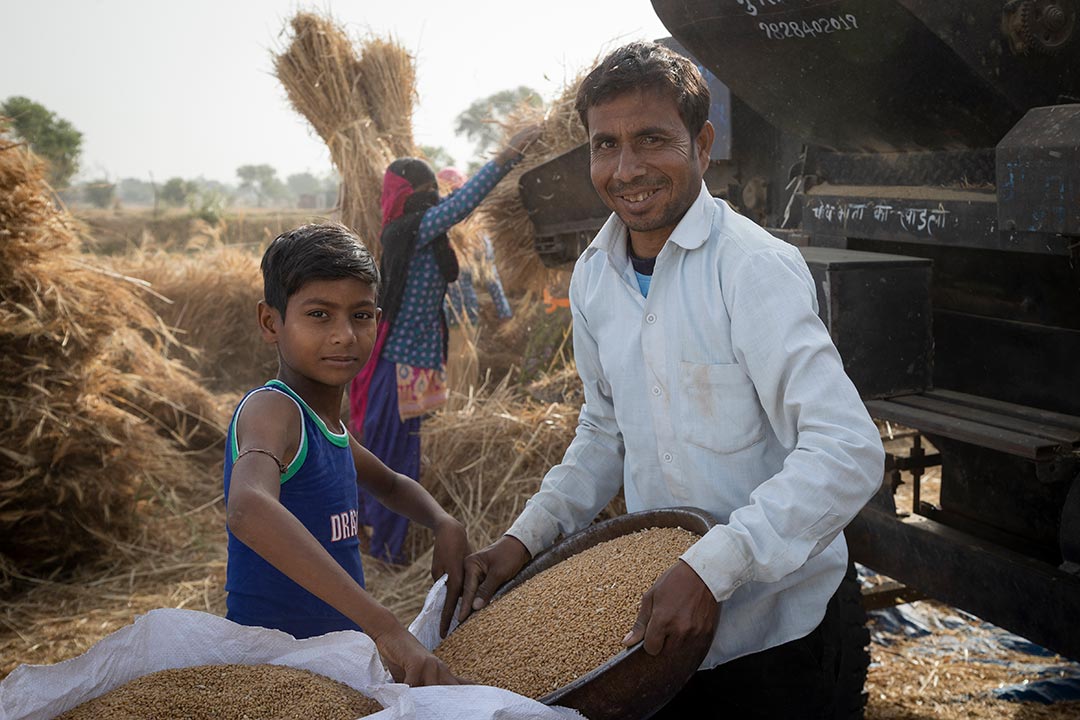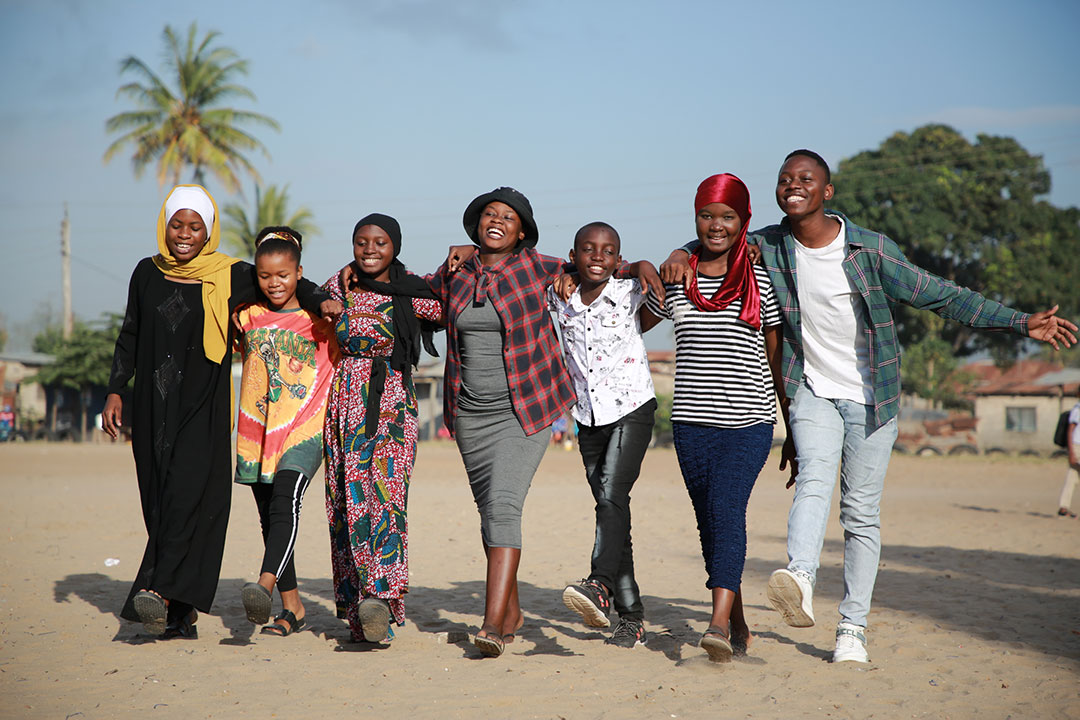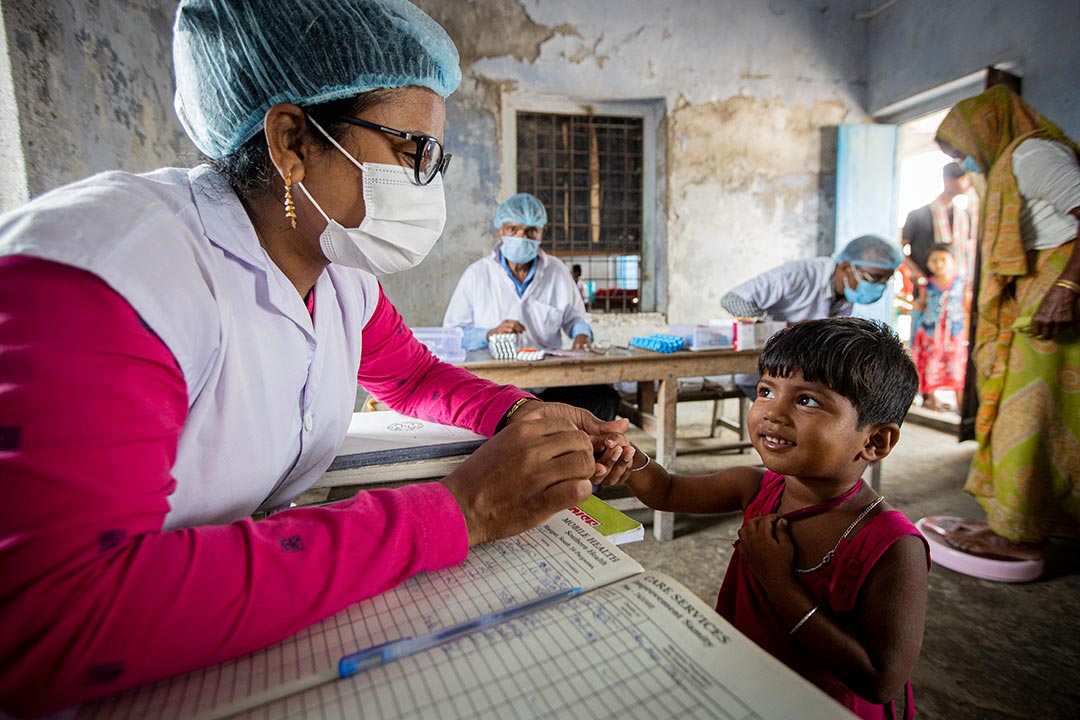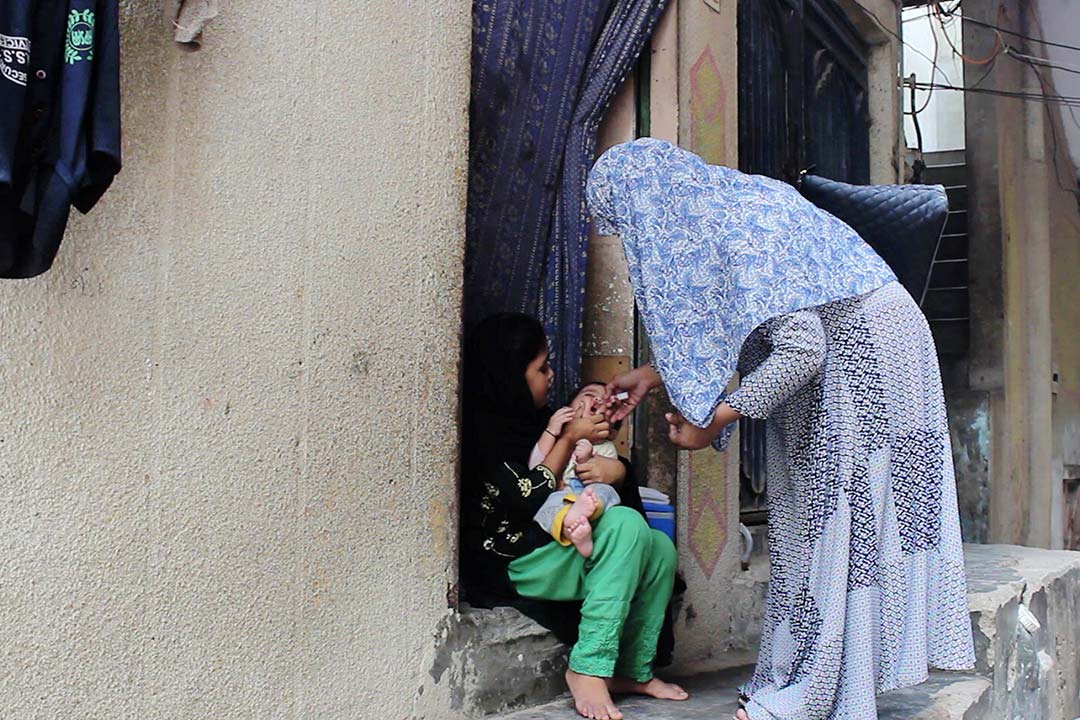3 health lessons for business from the COVID-19 pandemic
The link between our physical and economic health was made painfully clear during the pandemic, but what lessons can businesses take forward from COVID-19?
- 21 March 2022
- 5 min read
- by Angela Wipperman

Global health and the global economy are intricately linked. Poor health costs the economy the equivalent of 15% of annual GDP, according to a 2020 report from the McKinsey Global Institute. And the negative impact of health crises has never been clearer than during the COVID-19 pandemic.
But how exactly does poor health negatively affect the global economy? And what has the pandemic taught us about the link between supporting public health and building resilient businesses? Here are three trends to bear in mind:
The COVID-19 pandemic has shown us just how closely our global physical and economic health are entwined. Supporting health equity around the world is not just a good deed, but a financial investment in all our futures.
1. Ill health leads to lost productivity
When people fall ill, they cannot work. This loss of workforce has a huge impact on economies. We’ve seen this during the pandemic: a combination of this fact and the global impact of lockdowns and other measures on supply chains and productivity means around 50% of emerging economies are still producing less than they were in 2019.
And while there’s less data from informal sectors, workers in these sectors are likely to have been affected even more. Regions that rely on these informal workers – like sub-Saharan Africa, where the informal sector represents more than 80% of total employment – are therefore particularly vulnerable to negative economic effects.
2. Inability to work drives poverty
The COVID-19 pandemic has been a “fragility multiplier”, creating a storm of interconnecting issues that are driving hunger, economic marginalisation and sexual and gender-based violence.
It’s estimated that the pandemic pushed around 100 million people into extreme poverty in 2020 alone, across emerging and developing economies. This creates a vicious cycle, with individuals unable to pay for the health care that would make them well enough to work again.
3. Pandemics change consumer behaviour
When illness makes more people poorer, a knock-on effect is to reduce a population’s capacity for spending. In pandemics, quarantines and shutdowns also mean fewer customers for businesses.
We can see the effect in economic output: UK Government research found during its first nationwide lockdown GDP dipped by 25% in just two months, before rising once the lockdown was eased.
And some industries have been hit harder than others. In the US alone, hotels lost a reported US $46 billion dollars through 2020.
The challenge is exacerbated in emerging economies that rely heavily on a particular sector. In the Maldives, for example, tourism contributes up to 40% of the country’s GDP. When COVID-19 upended international travel in 2020, the country’s revenue decreased 23.4%.
One thing that can help? Vaccination
Vaccinated countries get back on their feet faster during and after a pandemic. UNDP analysis from 2021 showed that countries with higher vaccination rates can expect a faster economic recovery rate – an increase of as much as US $8 billion global GDP for every million people vaccinated against COVID-19.
This means real financial returns on investing in vaccine equity. A 2016 study from Johns Hopkins found that for every dollar invested in vaccination in the world’s 94 lowest-income countries, $16 are expected to be saved in health costs, lost wages and lost productivity from illness.
And that benefit is not limited to those nations.
Open, advanced economies can improve their economic recovery from COVID-19 by increasing global access to vaccines, according to an International Chamber of Commerce study in January 2021. In fact, the same study found that developed economies could lose 3.9% of their GDP without optimal global vaccination rates.
Have you read?
“No economy is an island,” explains Tania Holt, Senior Partner, McKinsey. “Trade and economic interdependencies, both from a supply and demand perspective, mean a lockdown or restrictions on work in a developing country will have impacts on countries and private sectors beyond their borders.”
Supporting vaccinations also promises long-term gains. Programmes like COVAX not only keep the global economy robust, but also make sure we’re more prepared in the future.
Dr Seth Berkley, Chief Executive Officer at Gavi, says: “Investing in health systems during "peacetime" enables us to build resilient health systems during times of a pandemic. Gavi invests up to $1 billion a year in routine immunisation systems, together with our country partners.”
So, how can businesses get involved?
Supporting global health initiatives can take many forms.
Just as companies can embrace ESG (Environmental, Social, Governance) principles in a variety of ways, so too can they support health. In fact, there’s increasing discussion of including health in ESG reporting – redefining the concept as ESG-H.
One approach is fundraising, as the communications technology company Twilio have done for COVAX, committing $10 million to the initiative.
“We knew that vaccines brought hope for ending the acute phase of the pandemic, however, not everyone could get a shot,” says Natasha Cavanagh, VP for Social & Environmental Impact at Twilio.
Meanwhile, Google has been tackling vaccine misinformation by promoting evidence-based information across its platforms.
Karen DeSalvo, Chief Health Officer at Google, outlines the company’s different approaches to generating donations: “Google has supported Gavi in different ways: fighting vaccine hesitancy and misinformation by promoting trusted content, as well as donating over $1 million towards COVID-19 vaccines through corporate donation and employee matching, and $20 million via AdGrants.”
Other companies are using their expertise to support global healthcare initiatives. In 2016, the logistics giant UPS partnered with a medical drone delivery company called Zipline to deliver healthcare supplies in Rwanda using drones. This approach was adapted during the pandemic to deliver COVID-19 vaccines, with the first delivery landing in Ghana in February 2021.
The COVID-19 pandemic has shown us just how closely our global physical and economic health are entwined. Supporting health equity around the world is not just a good deed, but a financial investment in all our futures.









